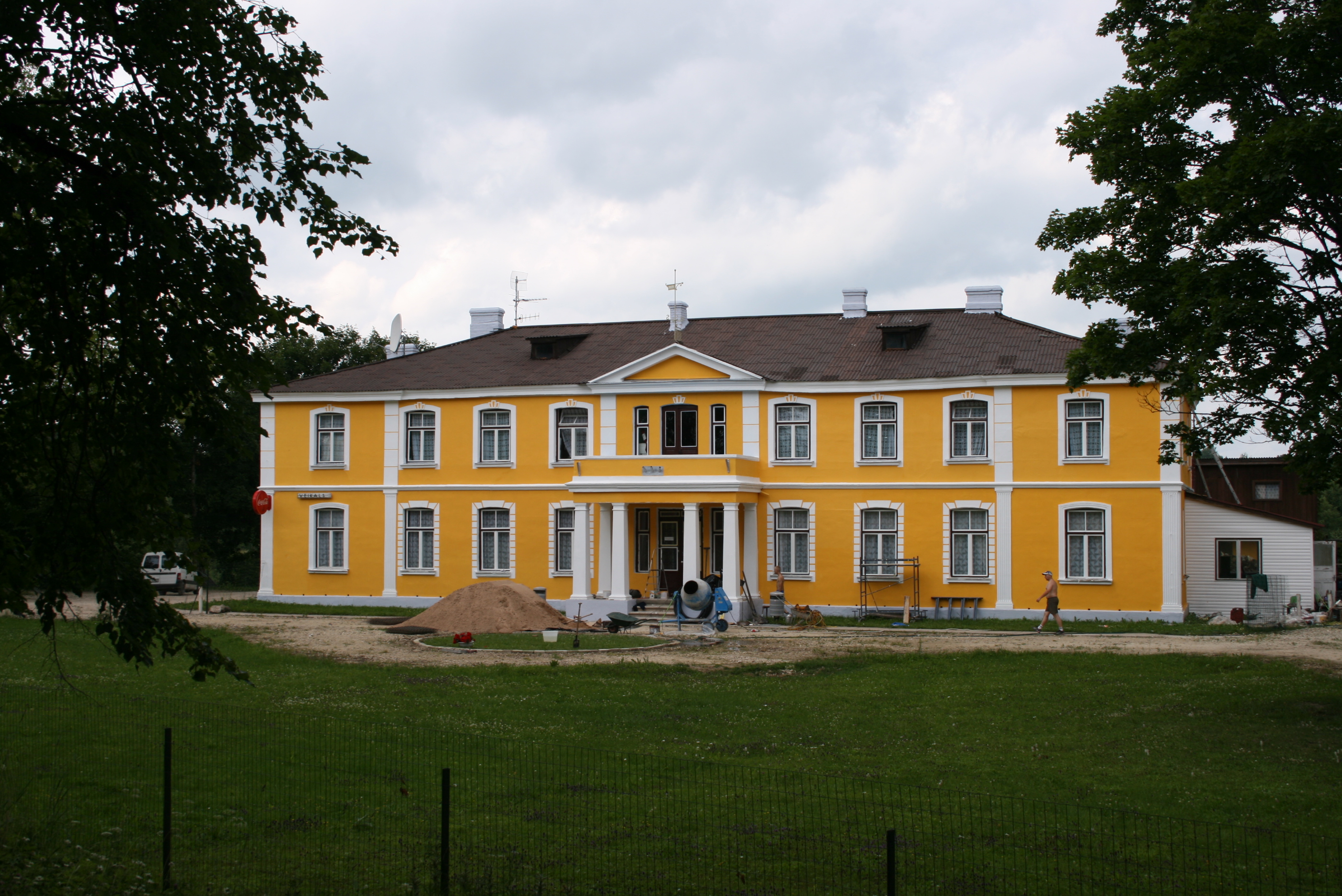|
Braki
Līčupe(former Braki) is a village in the Ogre Municipality in the Vidzeme region of Latvia Latvia ( or ; lv, Latvija ; ltg, Latveja; liv, Leţmō), officially the Republic of Latvia ( lv, Latvijas Republika, links=no, ltg, Latvejas Republika, links=no, liv, Leţmō Vabāmō, links=no), is a country in the Baltic region of .... The village is known for its production of Latvian apple cider. Towns and villages in Latvia Ogre Municipality Vidzeme {{vidzeme-geo-stub ... [...More Info...] [...Related Items...] OR: [Wikipedia] [Google] [Baidu] |
Ogre Municipality
Ogre Municipality ( lv, Ogres novads) is a municipality in Vidzeme, Latvia. The municipality was formed in 2002 by merging Ogre town and Ogresgals Parish. In 2009 it absorbed Krape Parish, Ķeipene Parish, Laubere Parish, Madliena Parish, Mazozoli Parish, Meņģele Parish, Suntaži Parish and Taurupe Parish, the administrative centre being Ogre. The population in 2021 was 57,617. During the 2021 Latvian administrative reform, the previous municipality was merged with Ikšķile Municipality, Ķegums Municipality and Lielvārde Municipality. The new municipality now fully corresponds with the area of the former Ogre District. Population Twin towns – sister cities Ogre is twinned with: * Ånge, Sweden * Bollnäs, Sweden * Chernihiv, Ukraine * Hengelo, Netherlands * Jõhvi, Estonia * Joué-lès-Tours, France * Kelmė, Lithuania * Kerava, Finland * Maymana, Afghanistan * Popasna, Ukraine * Slonim, Belarus Images Ogres novada karte.png, Boundaries of the municipa ... [...More Info...] [...Related Items...] OR: [Wikipedia] [Google] [Baidu] |
Vidzeme
Vidzeme (; Old Latvian orthography: ''Widda-semme'', liv, Vidūmō) is one of the Historical Latvian Lands. The capital of Latvia, Riga, is situated in the southwestern part of the region. Literally meaning "the Middle Land", it is situated in north-central Latvia north of the Daugava River. Sometimes in German, it was also known as ''Livland'', the German form from Latin ''Livonia'', though it comprises only a small part of Medieval Livonia and about half (the Latvian part) of Swedish Livonia. Most of the region's inhabitants are Latvians (85%), thus Vidzeme is the most ethnically Latvian region in the country. The historic Governorate of Livonia is also larger than Vidzeme, since it corresponds roughly to Swedish Livonia. History In ancient times, the territory of Vidzeme was inhabited by Latgalians and Livs (near the coast of the Gulf of Riga and along the lower reaches of the Daugava and Gauja rivers). Until the German conquest in the 13th century the Daugava, which now ... [...More Info...] [...Related Items...] OR: [Wikipedia] [Google] [Baidu] |
Latvia
Latvia ( or ; lv, Latvija ; ltg, Latveja; liv, Leţmō), officially the Republic of Latvia ( lv, Latvijas Republika, links=no, ltg, Latvejas Republika, links=no, liv, Leţmō Vabāmō, links=no), is a country in the Baltic region of Northern Europe. It is one of the Baltic states; and is bordered by Estonia to the north, Lithuania to the south, Russia to the east, Belarus to the southeast, and shares a maritime border with Sweden to the west. Latvia covers an area of , with a population of 1.9 million. The country has a temperate seasonal climate. Its capital and largest city is Riga. Latvians belong to the ethno-linguistic group of the Balts; and speak Latvian, one of the only two surviving Baltic languages. Russians are the most prominent minority in the country, at almost a quarter of the population. After centuries of Teutonic, Swedish, Polish-Lithuanian and Russian rule, which was mainly executed by the local Baltic German aristocracy, the independent R ... [...More Info...] [...Related Items...] OR: [Wikipedia] [Google] [Baidu] |
Towns And Villages In Latvia
A town is a human settlement. Towns are generally larger than villages and smaller than cities, though the criteria to distinguish between them vary considerably in different parts of the world. Origin and use The word "town" shares an origin with the German word , the Dutch word , and the Old Norse . The original Proto-Germanic word, *''tūnan'', is thought to be an early borrowing from Proto-Celtic *''dūnom'' (cf. Old Irish , Welsh ). The original sense of the word in both Germanic and Celtic was that of a fortress or an enclosure. Cognates of ''town'' in many modern Germanic languages designate a fence or a hedge. In English and Dutch, the meaning of the word took on the sense of the space which these fences enclosed, and through which a track must run. In England, a town was a small community that could not afford or was not allowed to build walls or other larger fortifications, and built a palisade or stockade instead. In the Netherlands, this space was a garden, more ... [...More Info...] [...Related Items...] OR: [Wikipedia] [Google] [Baidu] |

.jpg)